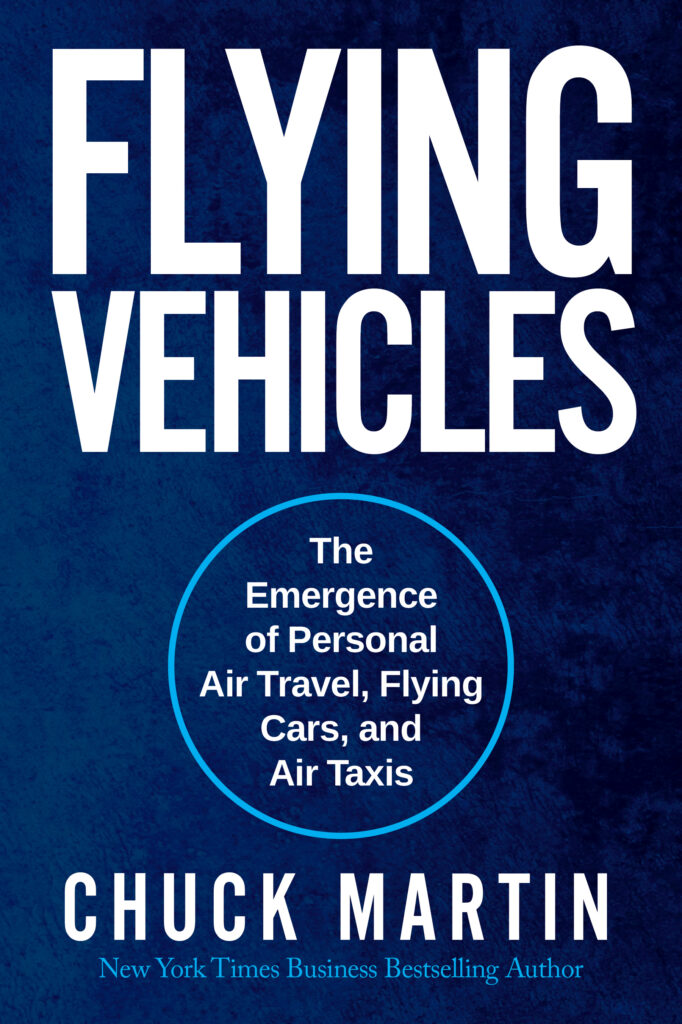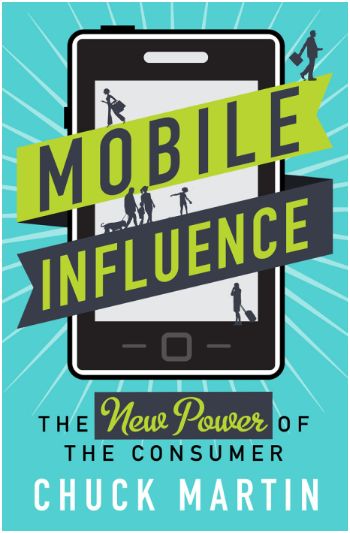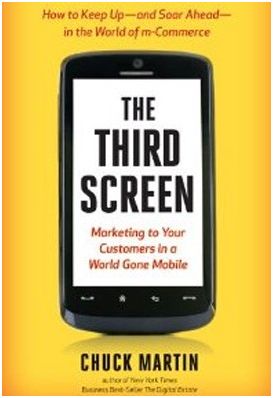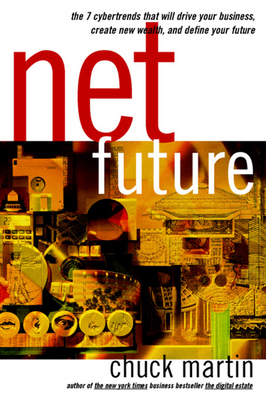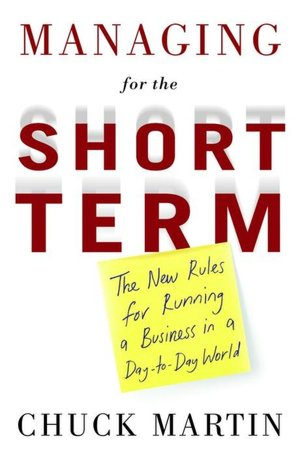
By Chuck Martin
Many people are becoming familiar with the idea of autonomous vehicles even if they haven’t yet seen or ridden in one.
This is even more likely in Pittsburgh, since several companies — including Uber — have been testing autonomous vehicles there. As a result, many residents are becoming even more familiar with them than people in other markets.
Bike Pittsburgh has been keeping a close eye on that market, having just completed a survey following a similar one it conducted in 2017 to see how perceptions may have changed.
The majority (60%) of residents have been near an autonomous vehicle while walking or using a mobility device in Pittsburgh, according to the survey of 800 residents in the Pittsburgh area conducted by Bike Pittsburgh. This compares to only 35% two years ago.
Most (73%) consumers think autonomous vehicles will improve safety on the streets, with 38% of those saying it would be significantly better. While 13% expect there would be no effect, 15% said the vehicles would make it worse.
Nearly half (48%) of consumers approve of Pittsburgh being used as a proving ground, nearly the same (49%) as two years ago.
The fatality in Arizona involving an Uber vehicle operating in fully autonomous mode did not change the opinion of 60% of those surveyed, while 37% felt more negative.
Two key insights in the survey: 38% of consumers say the speed of autonomous vehicles should be capped at 25 miles per hour. And 35% say there should be two full-time employees in the vehicles at all times.
And 50% of consumers say the vehicles should be operated in manual mode while in active school zones.
When it comes to regulation, 75% of consumers say autonomous vehicle companies should be required to share information with the proper authorities and 85% say they should report all safety-related incidents even if a police report is not required.
Self-driving vehicles are still some distance into the future, but consumer opinions of them are being formed well before they will hit the streets in any mass numbers.


